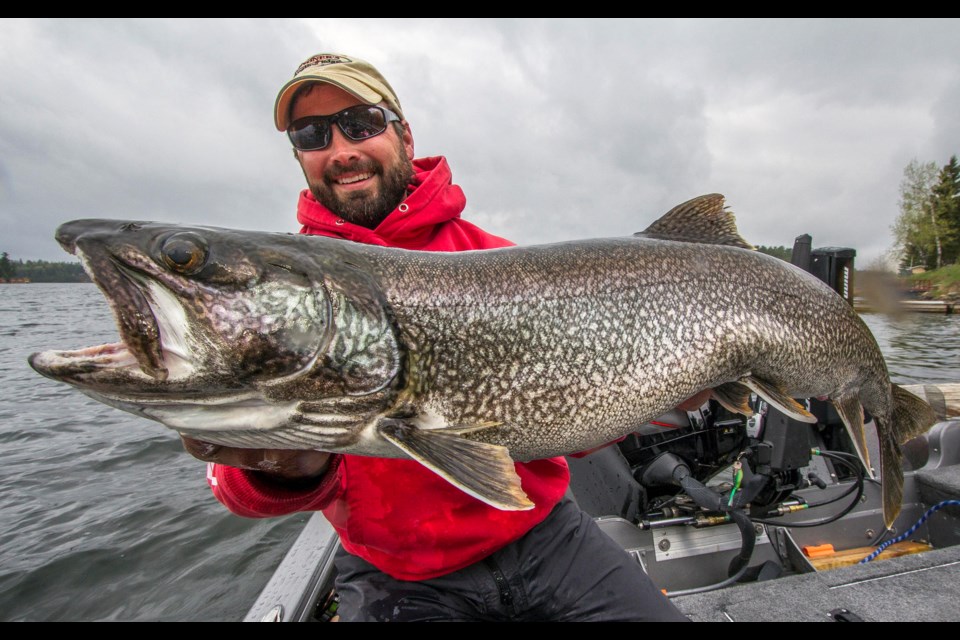THUNDER BAY — A new study shows climate change is driving lake trout and a number of other fish species to deeper water in northwestern Ontario lakes, a trend that could cause a ripple effect through the ecosystem.
A team from the University of Guelph drew that conclusion after studying data derived from the netting of fish over a period of several years in 350 lakes across the province, more than one-third of which are in the northwest.
Tim Bartley, a post-doctoral fellow in the U of G's Department of Integrative Biology. led the research which was conducted in collaboration with the Ministry of Natural Resources and Forestry.
"When a species like lake trout responds to the warming of near-shore and surface water by moving deep down into a lake, it's changing the way it feeds, and that cascades into the whole food web," Bartley told Tbnewswatch.
The team's work included studying what fish are eating.
"We have good evidence that the way a fish species is feeding in a lake can affects lots of aspects of that lake...things like the density of its resources and changes in productivity," he said. "When lake trout and brook trout and other predatory species move in, they may be consuming more of those resources...and may actually drive them to depletion."
The changing lake trout behaviour had been noted in previous research. The new analysis was done to see if other species were reacting to the warming of the water in a similar way.
"We looked at the behavioural change of about a dozen cold-water fish species, and we found that there is in fact a consistent response, where these species are found in deeper water when a lake is relatively warmer," Bartley said.
Besides lake trout, the team studied brook trout, cisco, lake whitefish, burbot, and some minnow species, among others.
Lake Superior and the other Great Lakes were excluded from the study.
The largest lake from which data was gathered has a surface area of about 10,000 hectares.
Bartley said understanding that there are likely consequences to the responses of fish to temperature change is just one of the reasons this kind of research is important.
"As scientists we need good tools that let us understand the way human impacts are changing the environment...We think the behaviour of animals, like in the lakes we studied, is potentially a useful way to understand the effects of climate change."
The research report was recently published in the journal Nature Ecology and Evolution, a peer-reviewed scientific publication.
